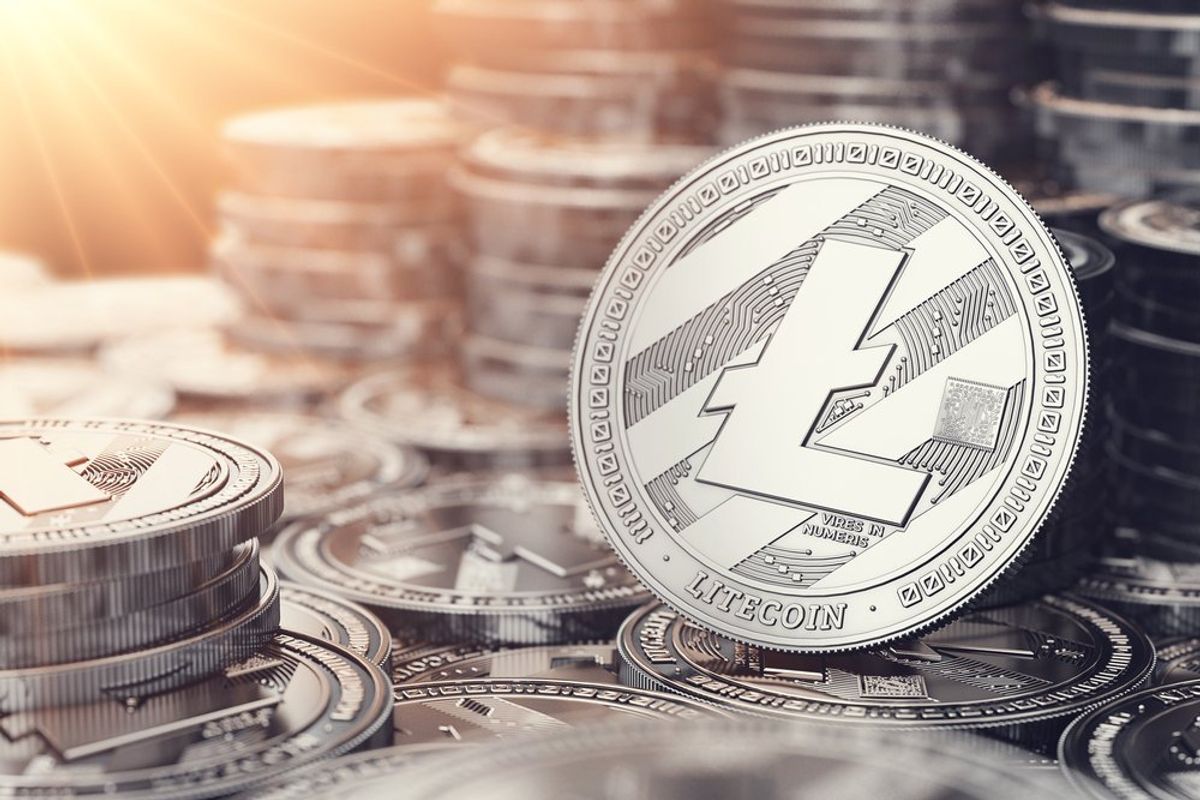
Coinposters
Chinese recognizes Litecoin but not as legal currency

A Chinese court ruled that its citizens may continue to trade cryptocurrencies despite the country’s prohibition on digital asset services.
The Beijing Number One Intermediate People’s Court has ruled that potential investors are only permitted to trade cryptocurrencies as digital assets, not as a form of legal currency.
A Litecoin (LTC) loan with the prospect of collecting interest payments in other digital currencies led to the decision. According to the facts of the case, in 2015, cryptocurrency investor Zhai Wenjie gave his friend Ding Hao 50,000 LTC. Zhai Wenjie claimed that Ding Hao promised to pay 1,000 LTC in interest every month, but Ding Hao denied this.
Despite the court’s acknowledgment of the present Chinese ban on cryptocurrency transactions, the presiding judge highlighted that Litecoin could not be treated as a currency. The court states that LTC is not backed by any legal or financial framework and is not issued by a monetary authority.
The judge declared:
REAL ADMINISTRATIVE REGULATIONS AND CASES SHOW THAT WHILE OUR COUNTRY PROHIBITS THE CIRCULATION OF VIRTUAL CURRENCY AS CURRENCY AND DENIES IT MONETARY ASPECTS, THE VIRTUAL CURRENCY ITSELF IS A VIRTUAL PROPERTY PROTECTED BY THE LAW.
The court in the case underlined the lack of laws prohibiting the classification of Litecoin as an illegal asset. The court found that the complainant had shown proof that the defendant had borrowed a cryptocurrency and therefore ordered the defendant to repay Litecoin.
It is important to note that several Chinese regional courts have issued conflicting judgments on the management and exchange of digital assets. For instance, the Shanghai High People’s Court found that Bitcoin was protected by national law and had a certain economic value.
Latest
Regulation
09 May 2024
Regulation
19 Apr 2024
Regulation
16 Jan 2024
Regulation
31 Aug 2023
Regulation
24 Jun 2023
Regulation
24 Jun 2023













